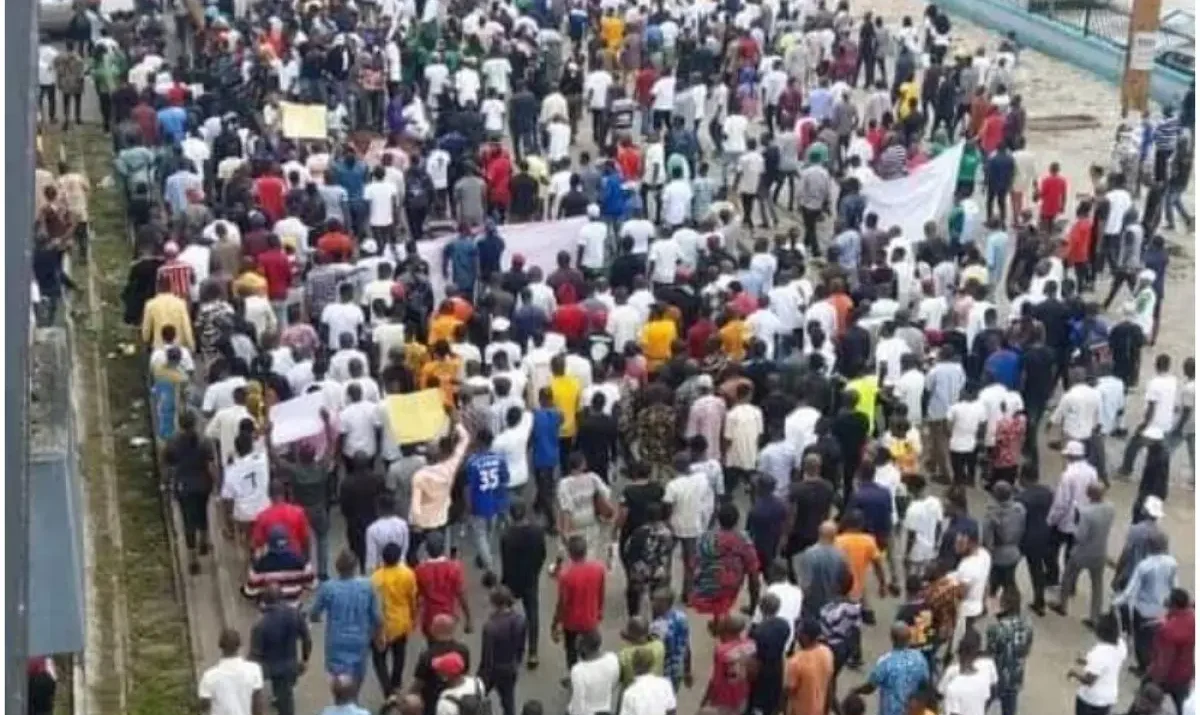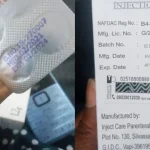Tensions are escalating nationwide as organizers remain resolute in their plans for mass protests scheduled from August 1 to 10. The demonstrations are aimed at addressing the severe economic challenges faced by Nigerians, including widespread hunger and soaring living costs.
The protests, dubbed the “Days of Rage,” are set to occur in all 36 states and the Federal Capital Territory (FCT). Organizers hope to draw attention to the country’s economic plight and push for changes in government policies that have contributed to the current hardship.
Recent data from the National Bureau of Statistics highlights the gravity of the situation. Food prices have surged dramatically, with white garri increasing by 181.66% year-on-year, beans by 252.13%, yam tuber by 295.79%, and Irish potatoes by 288.5%. This inflation has exacerbated the struggle of many Nigerians to afford basic necessities.
In response, the government has voiced concerns about the potential security risks associated with the protests. The Nigeria Police Force, Defence Headquarters, and Department of State Services (DSS) have all issued warnings about possible disruptions and violence. The Defence Headquarters has noted potential threats of targeted attacks, while the Police Force and DSS have expressed concerns about possible interference from foreign elements and criminal groups.
Despite these warnings, key figures like Omoyele Sowore, a prominent activist and former presidential candidate, insist that the protests will proceed as planned. Sowore, currently in the United States, emphasized the global nature of the protest and defended the inclusion of controversial demands, including the release of Nnamdi Kanu, leader of the Indigenous People of Biafra (IPOB).
Sowore argues that such demands are essential to addressing the perceived injustices of the current administration, drawing parallels to past successful advocacy efforts.
Calls for dialogue instead of protest have been voiced by various stakeholders. The Pan-Yoruba group Afenifere and the Arewa Youth Consultative Forum (AYCF) have urged for a more constructive approach, emphasizing the potential for protests to escalate into violence and property damage, as seen in the aftermath of the 2020 EndSARS protests.
Afenifere’s Jare Ajayi recalled the lasting damage from the EndSARS protests and advocated for dialogue to resolve conflicts. Meanwhile, AYCF’s Yerima Shettima criticized the lack of clear objectives for the planned protests, stressing the importance of peaceful and well-organized demonstrations.
As the scheduled protest date approaches, the nation remains on edge, balancing the urgent need for addressing economic grievances with the potential risks of widespread unrest.







2 Comments